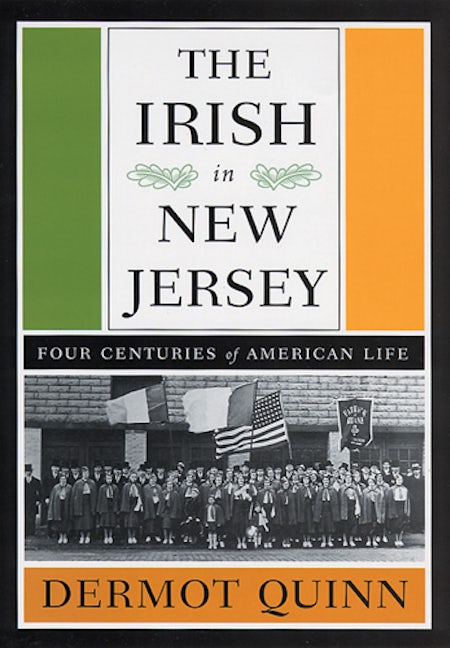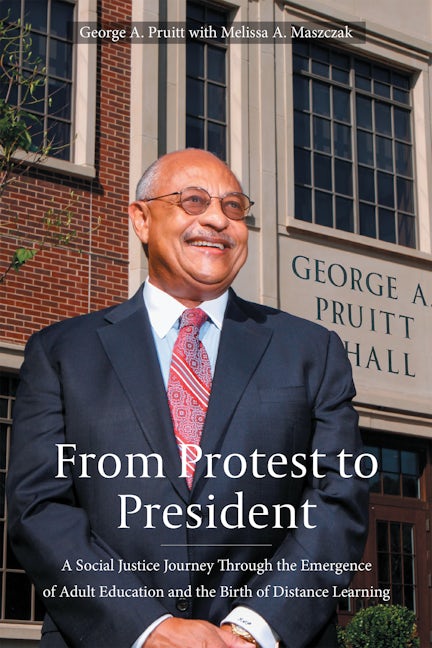Seton Hall University
A History, 1856–2006
Published by: Rutgers University Press
568 Pages, 7.0 x 10.0 in, 42 b-w illus., 4 color illus.
Related Topics:HISTORY / United States / State & Local / Middle Atlantic (DC, DE, MD, NJ, NY, PA), RELIGION / History, RELIGION / Christianity / Catholic, EDUCATION / Higher












